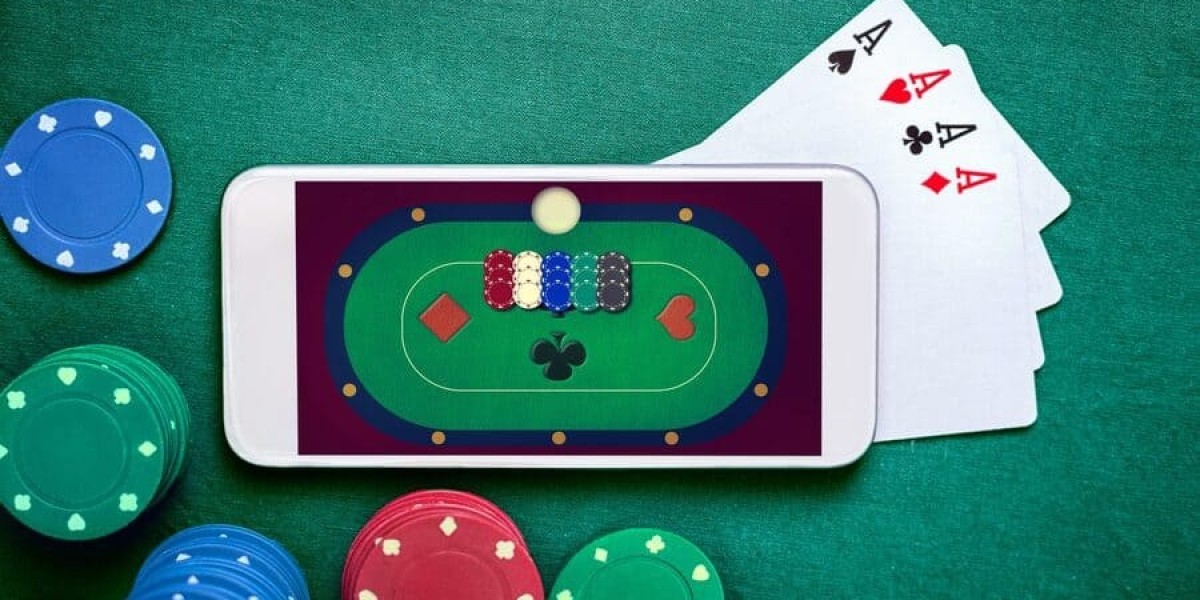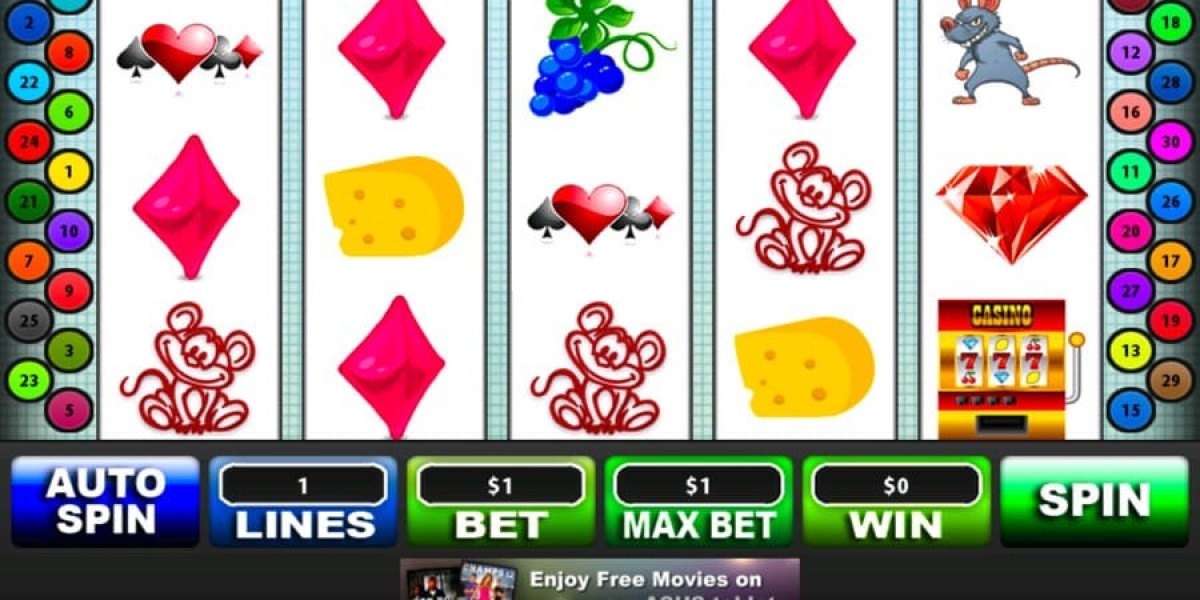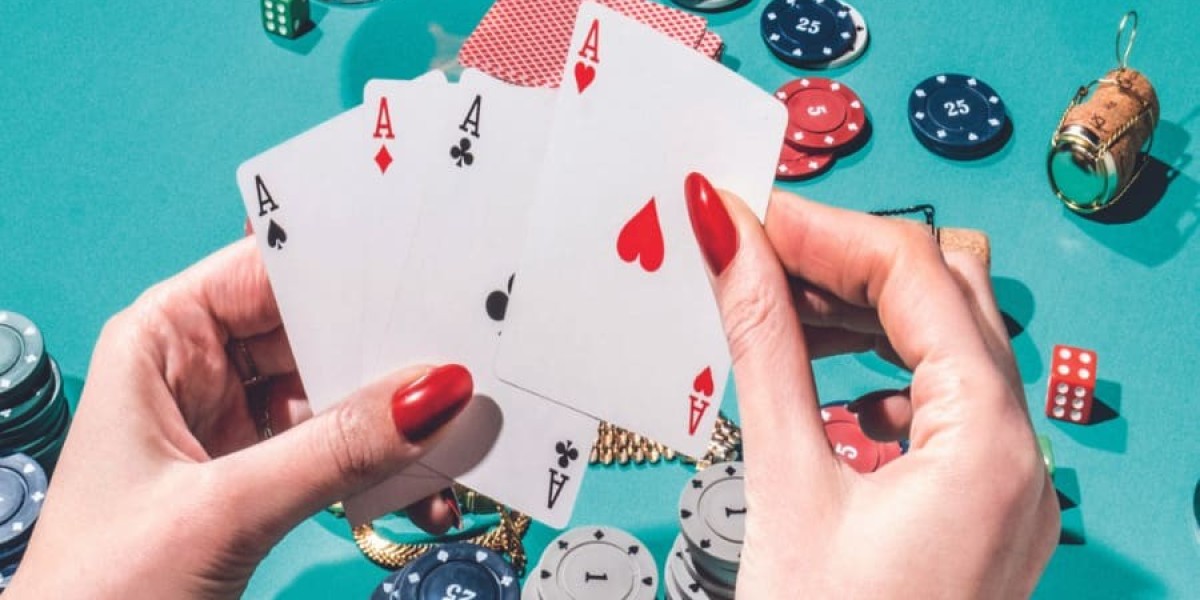Playing Casino Slot Machines Responsibly
Slot machines in casinos are popular with casual gamblers, who enjoy the bright lights and the chance to win. They're also the most profitable game in casinos, accounting for more than 60% of the casino's profits.
Some players decide to save their winnings while others set a maximum amount and stop playing once they get to the limit. Regardless of how you choose to manage your winnings, some tips can help you keep them from being lost.
They provide a kind of escape
Escapism is an everyday human activity and many engage in it to alleviate stress or anxiety. In fact, research has found that distraction decreases pain and anxiety Therefore, it is important to find ways that are healthy for escaping. The most effective ways to do this are by engaging in creative activities, such as music or writing. Other options involve physical activity or religious practices. These activities can provide not only a sense calm and satisfaction, but also a form escape. While there are many benefits to these activities, they should be done responsibly and in moderation. Escapism could lead to addiction to substances, gambling issues and other mental disorders. These problems require professional help.
Slot machines in casinos are a billion-dollar industry that attracts millions of players each year. While other games are able to attract more attention slot machines are the most preferred choice among gamblers. They are simple to play and provide huge jackpots for winning. There are a few myths regarding slot machines that could increase the risk of you having a problem.
These myths have fueled the belief that slot machines are addictive, and that they are rigged. Casinos aren't in business to cheat their customers, despite myths. The probability of winning the slot machine are built into the chip of the computer. Casinos cannot "tighten" the odds. However, they can alter the amount of payouts by changing the denomination of the coin.
Casino slot machines are not just a great source of entertainment, but they also provide a way to unwind from the stresses and worries of daily life. This is true especially for those who suffer from PTSD and depression. In these cases an instant escape to a fantasy world can help alleviate the symptoms of these conditions. A sense of escape can also be beneficial to those who feel an uncontrollable state in their life like during the COVID-19 Pandemic.
Studies have shown that escapism could be an effective predictor of online behaviors. It is linked to a greater likelihood of online gaming and is also predictive of gaming disorder resulting from online gaming. This study builds upon the existing literature by looking at within-person and between-person changes in the escapism process over time.
They are a type of gambling
A slot machine in a casino can accept paper or cash and pays out a certain amount of coins when a winning combination is achieved. The machine consists of a set of reels with symbols, like stars, cards suits, bars, and numbers (7 is a very popular one), and it pays out according to whether the symbols line up on the pay line (a row in the middle of a viewing window). Casinos have different rules regarding their slot machines. Some casinos permit players to adjust the amount of coins they wager to limit their losses or gains while other restrict the number of spins per game and the dollar amount that can be put on the table.
Slot machines are among the most popular gambling options. However, a lot of people are unsure of how these machines function. Some say that slot machines are fake, and others claim that they don't pay out like they used to.
Modern casino slot machines are complex, computerized devices with many components and programs. These programs are designed in order to take advantage of the habits of players and maximize the profits. The machine's algorithm is built upon algorithms that calculate the odds of winning and losing. You can reduce your risk if you play fewer spins and bet less money.
The first time, slot machines in casinos were designed as a diversion for gamblers who are not seasoned. They don't require specific gambling knowledge and are playable by anyone who has a minimum wager. Since then, they have become the most popular gaming method, accounting for more than 60 percent of all casino gaming revenue.
While some casinos prohibit them, some casinos endorse them as a cheap way to pass the time. Tourists love them, and they are a major contributor to the local economy. Some even offer their services in cruise ships and airports.
Sittman & Pitt from Brooklyn, New York, created the first mechanical casino slot machines in 1891. It was the precursor to the modern slot machines which had five drums with 50 cards. The player inserted an amount of nickel and pulled a lever, that spun the drums as well as the cards. The player hoped to get the poker hand such as a pair of royal flushes or kings. The machine would then give the prize of cigars or beer.
They are a type of entertainment
Casino slot machines are the most popular kind of gambling, and provide many players the chance to win big jackpots. They are easy to play and don't require any prior knowledge or skills. However they can be extremely addictive and cause serious issues if they are not played responsibly. If you're planning on playing slot machines, it's important to be aware of the house edge and the rules of the game before you start betting your money.
Modern slot machines are designed to make the casino an income over time. This is done by using algorithms that determine the frequency machines pay out and how much it will keep. This is known as the "cycle." Slot machines can be programmed to pay more than they take in over a short period of time however, this isn't the case frequently.
The first mechanical top mobile slots were simple and required only a little skills to operate. They had a handle to set the reels in motion, and when the same symbols were aligned, they paid out tokens or cash. In 1898, Charles Fey invented the Card Bell, which was the first automated three-reel slot machine that could allow the payout of coins. The invention of Charles Fey became a cult hit in saloons across America and led to the growth of the industry.
In the 1980s electronic systems were invented that allowed slot machines across a large area to be connected. A small percentage of every coin inserted into a shared "super jackpot" which could reach an enormous amount before it was won, while the remainder was sent to the account of the owner. This technology made slot machines more popular than ever, and the jangle of coins falling into the hopper was soon replaced by digital readouts on monitors.
Today's electronic machines contain up to 1024 distinct paylines. Some machines have horizontal paylines, while others have zigzagging lines or diagonals. They also employ random number generators that generate the results for each spin. Some slot machines use random numbers and the "joker", which can substitute for other symbols, and pay out a higher price when it is part of a winning combo.
They are a source of income
The attraction of slot machines is attractive but steady earnings are not a common occurrence. The inherent house advantage, unpredictability, and the high risk of addiction all make them a poor source of income. Slot machines can be enjoyed responsibly if gamblers keep track of their spending and put entertainment over the financial gain. Before you begin gambling make sure you know what the rules are.
Modern slot machines are relatively simple devices that pay coins and prizes based on the outcome. The mechanism is controlled by a computer program, and the odds for each game are incorporated into the software of the machine. The odds of a game are dependent on the kind of currency it accepts and the payout schedule for winning combinations. In certain casinos, the odds are displayed on a screen that lets players know the odds of winning.
There are many kinds of slot machines in casinos today. They range from traditional three-reel machines to progressive slots that are connected to multiple casinos and contribute a small percentage of each bet toward a larger jackpot. They are available in a variety of themes, including video game and television characters. Some have large screens and acoustic music to entice players.
Slot machines are the main source of casino revenue, and they generate 65 to 80 percent in certain states. In Las Vegas the percentage is lower, but it still makes up an important portion of the total revenues.
Some people claim that casinos manipulate the odds of slot machines in order to influence player behavior and increase profits. It's true, but it's not as easy as adjusting the house advantage in a blackjack game. Casinos don't want their slot machines to lose their appeal, which is why they are hesitant to alter the odds. In reality, the majority of the odds are built into a program on the machine's computer chip and changing it would require replacing the entire chip.
A new study suggests the stereotype of a poor, elderly gamblers using their Social Security pensions at slot machines is untrue. Instead, the typical slot player is a woman of a middle-class family who likes to play to win the chance to win big. This is a result of a gradual shift in the way casinos market to potential customers.








